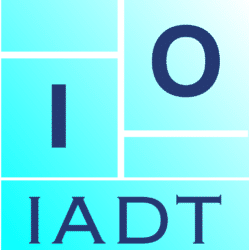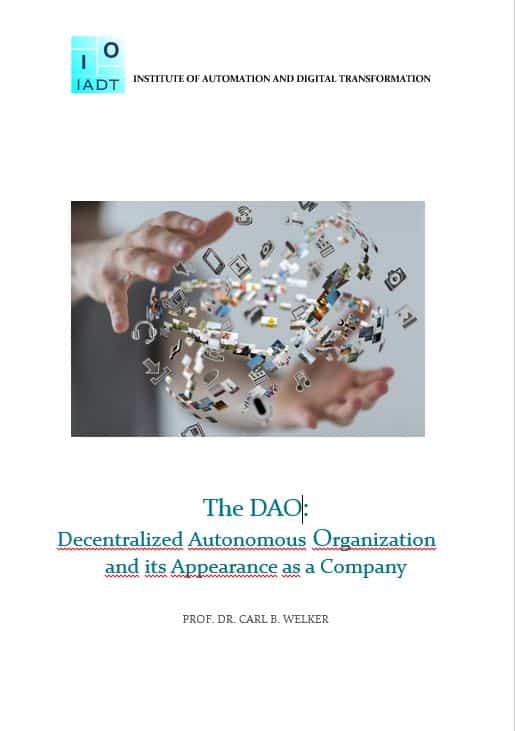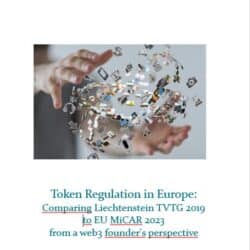Description
Distributed Ledger Technologies (DLT) and their most prominent version, the blockchain, enable a new type of organization: Decentralized Autonomous Organizations (DAOs). DAOs consist of software code, mainly smart contracts, and the DAO members. Members keep governance tokens that grant property rights, e.g. voting rights. DAOs are featured by anonymity of their members and zero hierarchy coordination. Subsequently, DAOs are predestined for shaping web3 communities, managing decentralized applications (dApps) and operating digital business of any kind in the future. In last instance, DAOs may be entirely autonomous due to fully automated smart contracts.
Since DAOs operate on blockchains, they are far from day-to-day bureaucracy and formal legal requirements. Seen from a common business point of view, startups and entrepreneurs might criticize a lack of structure and decency of DAOs. Moreover, it has been reported that U.S. authorities sued and made DAO initiators and token owners personally liable for violating federal law.
This concept paper describes essential features of DAOs and discusses major characteristics of a business firm. Moreover, the author points at favourable locations for setting up a DAO with a limited liability body, however still keeping core web3 features such as its decentralized mode of operation and anonymity for token owners.




